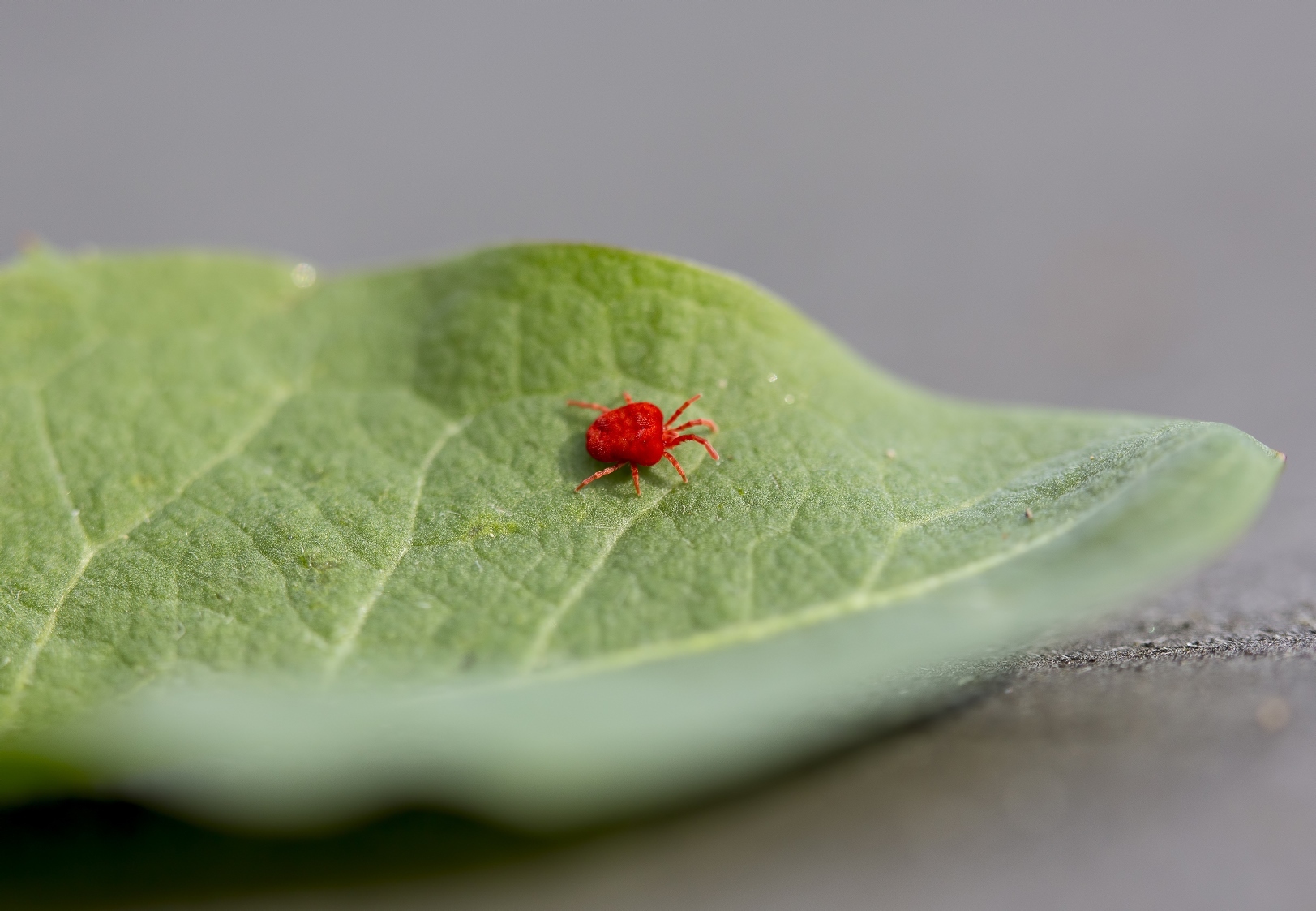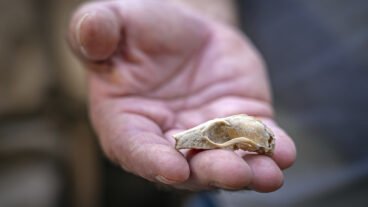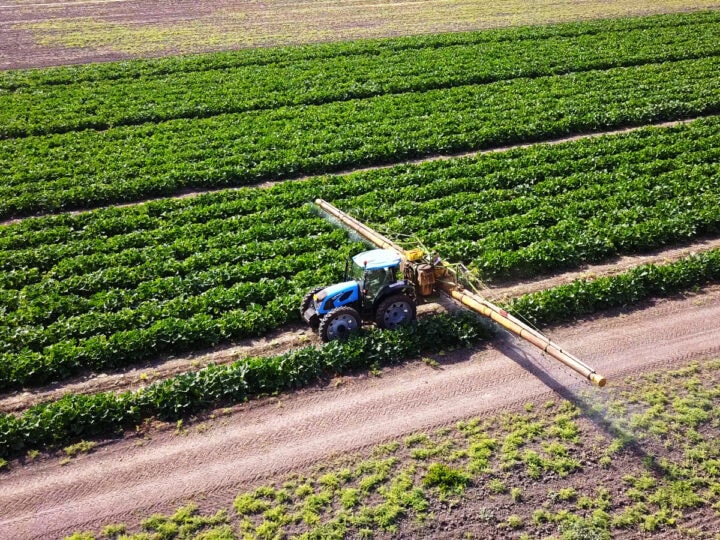Over the next year, BioBee Biological Systems at Kibbutz Sde Eliyahu in northern Israel will ship some 600 million specially bred predatory mites to farmers in Colombia as a natural form of pest control.
Using the Phytoseiulus persimilis, the most effective natural predator of Tetranychus urticae (red spider mite), will allow the farmers to reduce the amount of pesticides they use by up to 80 percent and thus meet standards for exporting their produce to other countries.
The BioPersimilis predatory mite works well against mites that attack peppers, tomatoes, potatoes, beans, maize, cucumber, melon, strawberries, eggplant and ornamental flowers such as roses. This top-selling two-millimeter-long, pear-shaped creature is used by most of California’s strawberry farmers, comprising BioBee’s the single largest market.
BioBee’s biologically based products for integrated pest management, natural pollination and medfly control are sold in more than 50 countries through subsidiaries, agents and distributors. In addition to Colombia, farmers in Chile, Argentina and Peru are customers and BioBee expects this market to grow as farming in South America becomes more sophisticated for today’s demands.
“South America is quite an important market for us,” says BioBee Latin American Director Yeshurun Plesser.
Some scientists believe P. persimilis may actually be native to South America, he adds.
Thirty years ago, BioBee perfected a way to breed, pack and ship the fast-maturing bugs in bottles of 2,000 or 4000. The farmer activates the bugs by sprinkling them over horizontally growing crops or filling specially designed distribution boxes hung on plants that grow vertically. A single dose can eliminate tens of thousands of destructive red spider mites, and the P. persimilis does not harm the plants.
The kibbutz-based Israeli company provides on-site guidance in integration and ongoing technical and professional support to the farms with which it works.
Though P. persimilis is relatively costly, Plesser explains that the return on investment makes it worthwhile to farmers who otherwise would have no choice but to use chemical pesticides and would not be able to export their crops.
BioFly, a division of BioBee, pioneered an all-natural approach to vanquishing Mediterranean fruit flies by unleashing sterilized male flies among crops. In 2014, BioBee sent 380 million of the sterilized males to Croatia to help fight fruit-fly infestations in orchards.
For more information, click here

















